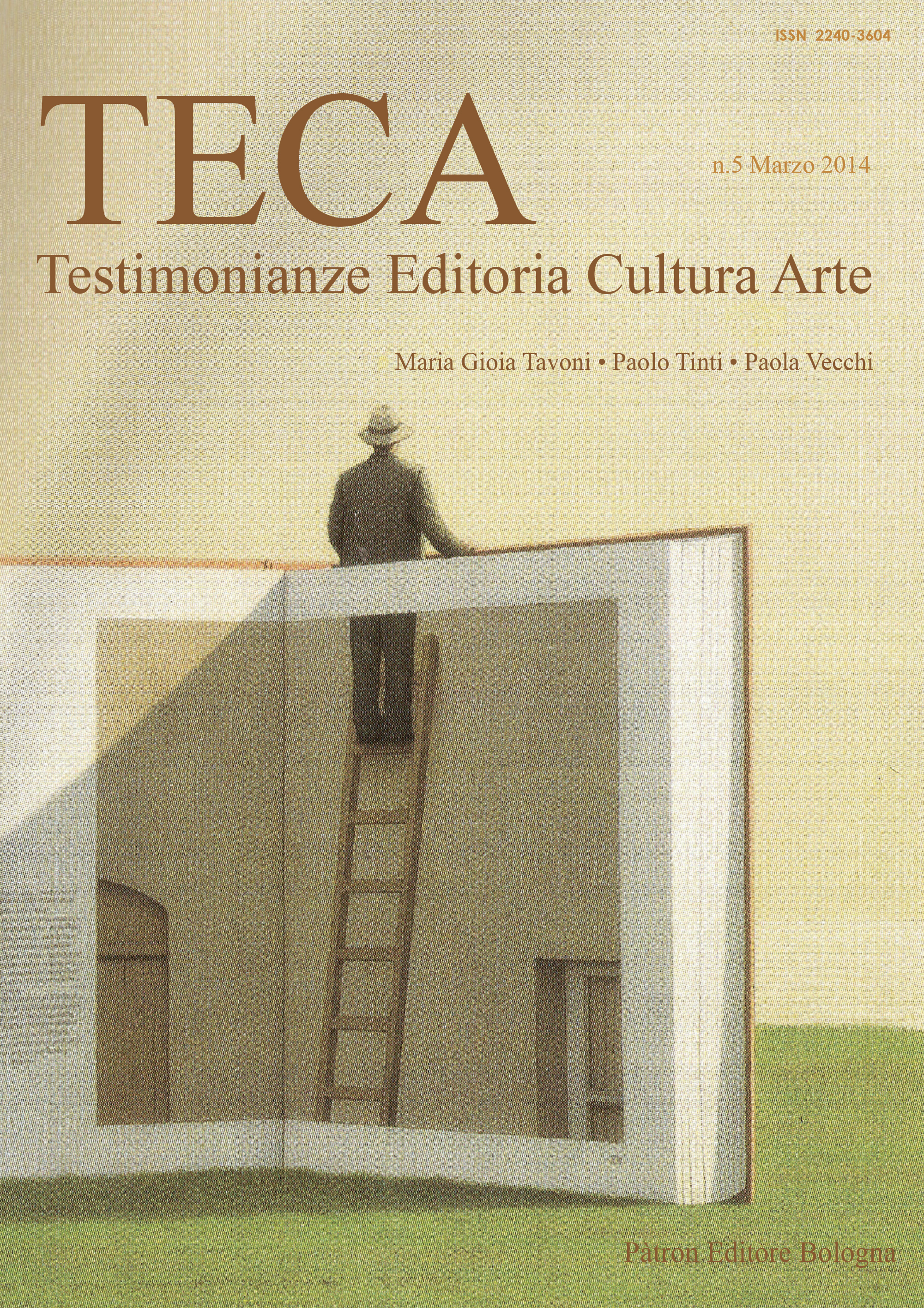From the Book Materiality to the Form of the Work. The Enlightenment's Genesis of the ‘Geistiges Eigentum’
DOI:
https://doi.org/10.6092/issn.2240-3604/16187Keywords:
Copyright, Literary property, Geistiges Eigentum, Germany, XVIIIth centuryAbstract
Among the different expressions used to describe copyright, spiritual property is the most meaningful and, at the same time, the most controversial. The history of literary property – another descriptive expression, though to a lesser extent – reveals that the writer’s work reflects something deeper than his/her ideas. The copyright evolution in Germany is one of the best testimonies of it. There, the so-called geistiges Eigentum has been explained as a kind of dominion on a personal good, which over the time has become more and more incorporeal, up to lose every material peculiarity. This issue still holds a great philosophical value, both because the literary property protection involves necessarily the author’s personality, and because its real object is the work’s form, which is spirit: a concept developed throughout a long literary debate during the Eighteenth century.
Downloads
Published
Issue
Section
License
Copyright (c) 2014 Guido Alimena

This work is licensed under a Creative Commons Attribution 4.0 International License.





